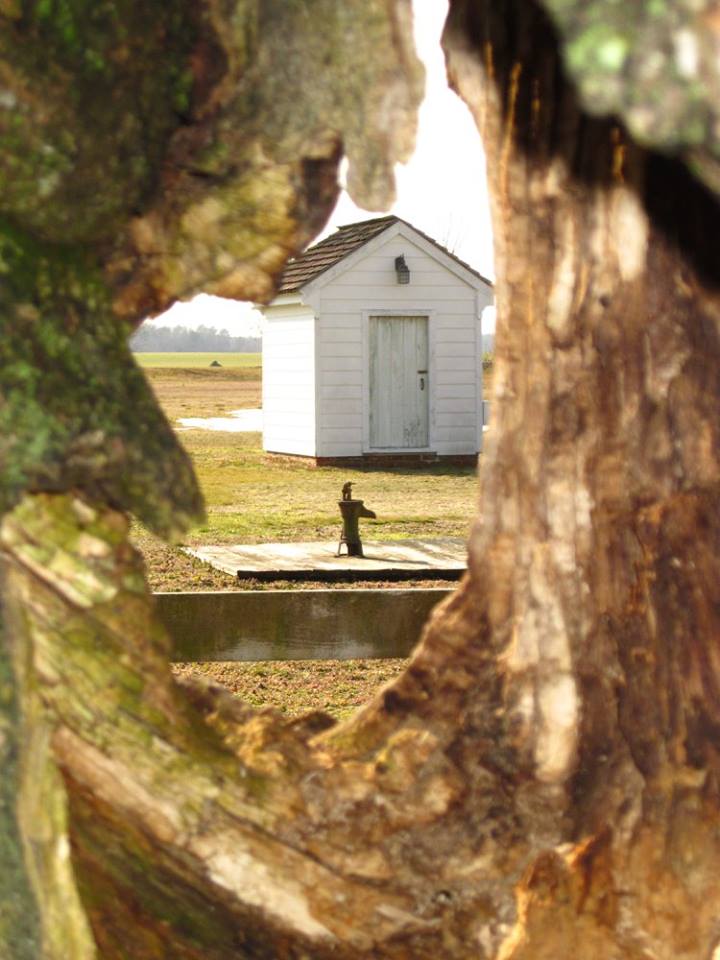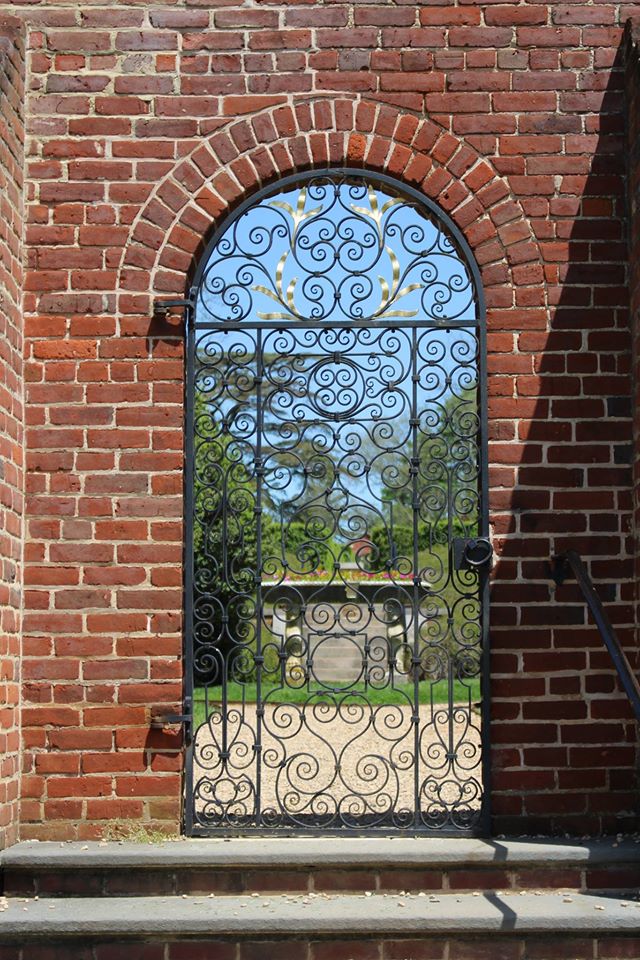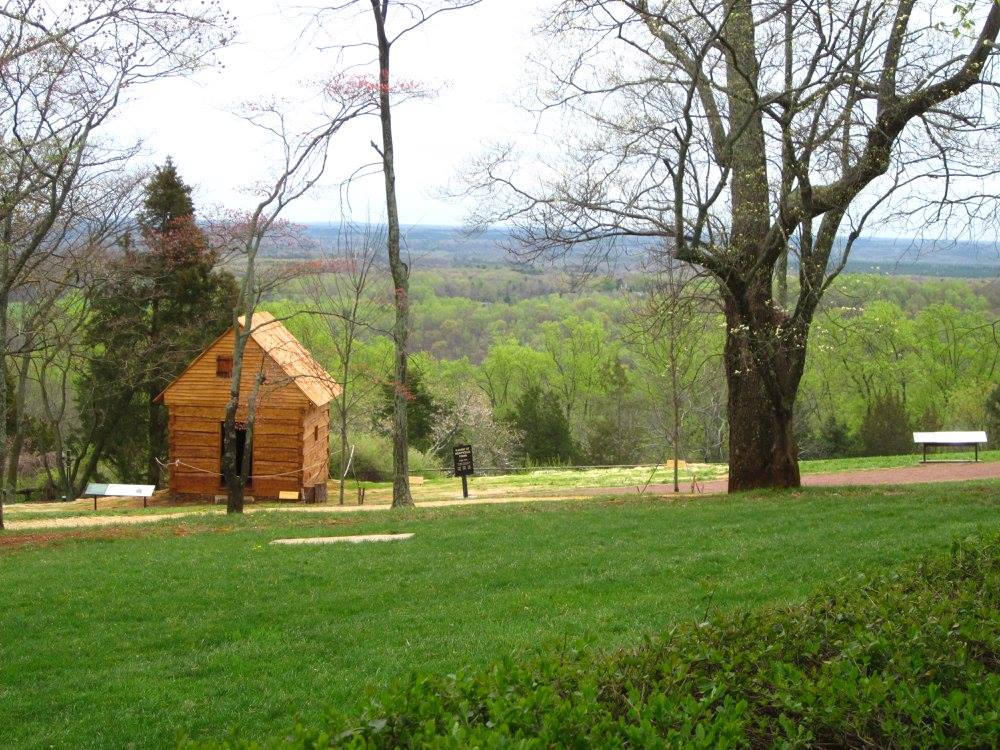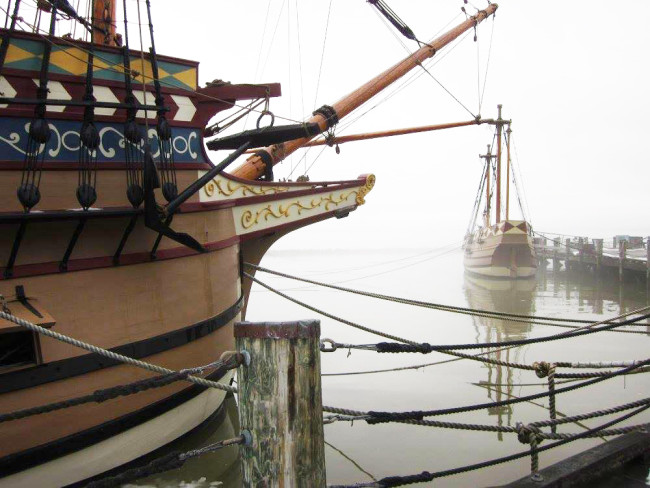For students who wish to visit grand plantation houses, explore far-flung parks and museums and delve deeper into the often-turbulent history of colonial America, the National Institute for American History and Democracy provides classes, internships and field work that aim to illuminate the era.
In partnership with the College of William and Mary and the Colonial Williamsburg Foundation, NIAHD uses field-based learning to take students back in time to the Colonial era.
Located here in Virginia’s Chesapeake region, the organization offers classes and field trips to the area’s abundance of historical sites, including some located in the College’s own backyard, such as Colonial Williamsburg. Headed by husband and wife duo Drs. James and Carolyn Whittenburg, the NIAHD staff is comprised of professors, archeologists and historians who specialize in early America. Since 2001 the Institute has said that it is committed to fostering a love for American History in high school and college-aged students.

The organization itself includes several different programs rooted in the study of colonial America, all hosted on campus. Open to high school students, College students and undergraduate and graduate students from universities all over the country, these programs take an interdisciplinary look at history through lenses of material culture and museum studies, traditional lectures, field work and internships. The goal of the program is to create a tangible connection with the past while preparing students for careers in teaching, museum work and history.
NIAHD also builds relationships between professors and students. According to Carolyn Whittenburg, the staff and participants in the Institute have formed a tight bond.
“Because my husband and I started it together, we’ve always felt NIAHD was a family,” Carolyn Whittenburg said. “Because of the field trips, being in a van with people all day, working in the dorms 24 hours together, it becomes a real family.”
Long time NIAHD student, Aly Myers ’16 said that the out-of-class experiences helped form those lasting bonds.
“My favorite memory through NIAHD is the connections that I have with not only the wonderful professors, but also the bonds and relationships that I form with my classmates that I have never been able to experience in other classes,” Myers said. “Many of the NIAHD courses are field trip-based, and you really begin to bond with people in the van after being stuck with them for a six-hour round-trip adventure to Monticello or North Carolina.”
According to James Whittenburg, NIAHD reminds the College of our historic roots and builds connections not only between participants, but also between our community and our past.

“I would say that the development of NIAHD and the NIAHD courses I teach have been the most rewarding and just plain fun things I have done in my career at William & Mary (39 years and counting),” James Whittenburg said in an email. “To be at the convergence of social/political history, material culture, archaeology, and architectural history in the ways that NIAHD has brought them together is almost a fantasy, yet my wife and I have lived it. Still, the association with more than 1500 NIAHD students (including the Pre-Collegiate Summer Program alums) over the last 13 years has been the high point.”
From program alumni returning to serve as instructors or resident advisors for the program, to the recent Homecoming Reunion of students and instructors, Carolyn Whittenburg said that the program is really made possible by the high level of support that runs throughout the Institute.
“We started out, and no one quite knew where it was going to go. We’re going into our 15th year now,” Carolyn Whittenburg said. “And so I think this is going to continue for a long time; that’s certainly our hope. The people who have worked here … they’re dedicated to the institute. When you have that type of dedication, everyone wants to make it succeed. People who work with us give us so much of their time and talent. It’s a lot of work, but it’s a loving type of work.”

Program instructor Dr. Susan Kern said that the most important support the institute receives is from the Whittenburgs themselves.
“Carolyn Whittenburg’s contributions to the NIAHD collegiate courses are in the form of unyielding support for the faculty who get to exercise historical inquiry anywhere it should happen,” Kern said.
As for the future of the program with her impending retirement, Carolyn Whittenburg said she is looking forward to the new directions the Institute will take.
“Changes will come about in the future, and with William and Mary’s support we’ll look forward to new adventures and experiences to come while continuing what we’ve done with new directions,” Carolyn Whittenburg said.


After reading this article, I really wish I knew what NIAHD stood for. National Institute for American Hot Dogs?
NIAHD stands for National Institute for American History & Democracy. Courses in the program are not only about colonial America — the main offerings also include the period from the American Revolution through the Civil War, and sometimes even later, for example Prof. Kern’s course on Colonial Revival in the 20th c.